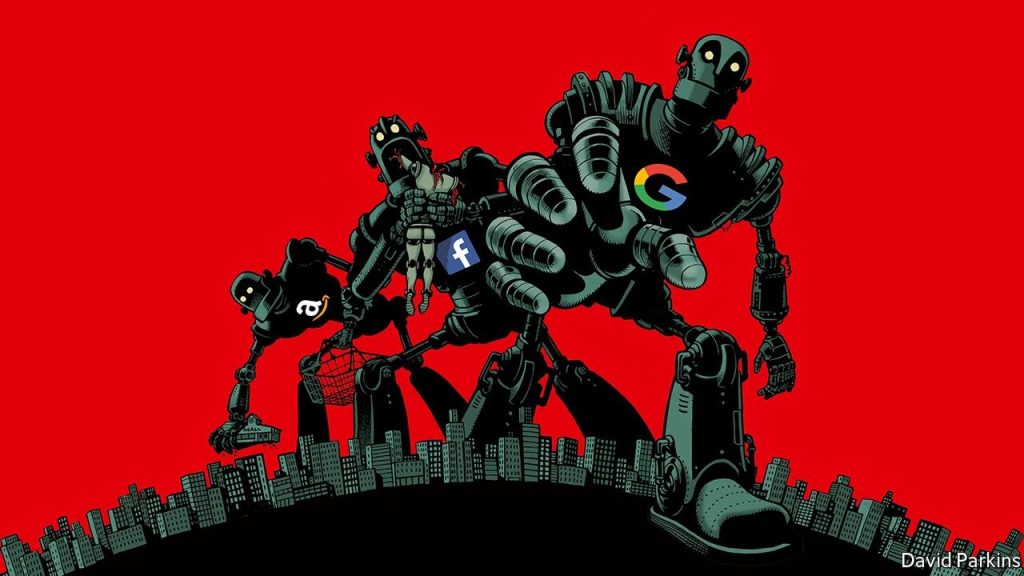Héloïse Cao
This blog post was produced as part of the course “Social Media, Ideologies, and Ethics in the United States” at the University of Turku.

You probably know that terrible feeling you get after seeing an ad on your phone concerning the holiday destination you talked about with your colleague during your coffee break. In these situations, we feel tracked by our phones. The most frustrating and frightening thing about this is that we don’t really know how and why it happens. Even if you try to limit the cookies and trackers when using applications and surfing on the web, you feel like this is something beyond your control.
Then again, you might think that it is not so important because you have nothing to hide. But what if your social media data could be exploited in an effort to influence your voting decisions? This is what Facebook and Cambridge Analytica were accused of doing during the American presidential election of 2016. The scandal also demonstrated that users’ data can be collected even if they don’t directly take part in an activity that can be exploited. If your Facebook friends answer a survey, that may lead to your data being collected as well.
If using the incognito mode in the browser is not sufficient, how would it be possible to make social media more responsible towards users? To answer this question, let’s first have a look at how social media work. Social media are platforms on which people can communicate, but they are also what economists call double-sided markets. That is to say, they connect two different customers: the users and the companies that want their ads to be seen. Consequently, the more users and companies, the more efficient the media is. This is the so-called network effect. A social media platform is useful and efficient only if a lot of people use it. And here is the reason why social media appears to be free for users. As the platform leads the double-sided market, it has the power to determine the price for customers. Social media chose to make the services free for us, the users, to attract us but also because we are the product from which social media can extract data and sell it.
The problem with the exploitation of our data remains, but trying to understand the complex economic model teaches us a lot. Several suggestions have been made to reshape the social media model towards a more ethical one. One option would be to stop making the platform free for users. It wouldn’t be easy for us to start paying to use social media, but we are used to paying for our newspaper, so why not others services? Social media could offer several options to users: one could be free from advertisements, another could have more features, and so on. Others have suggested that users could have a “data account” and choose which information to share with platforms in exchange for money. Yet another possible way to make social media more ethical would be to rely on public authorities and to put pressure on social media companies through legislation. Why not draw inspiration from the European General Data Protection Regulation? Among others things, it bolsters the requirement for explicit and informed consent before data is processed, and ensures that it can be withdrawn at any time. Users are thus more aware of what they share on social media.
So, would you be willing to pay to use social media? Do you trust governments to regulate them?

Wife said very nice brother I learned a lot today thank you